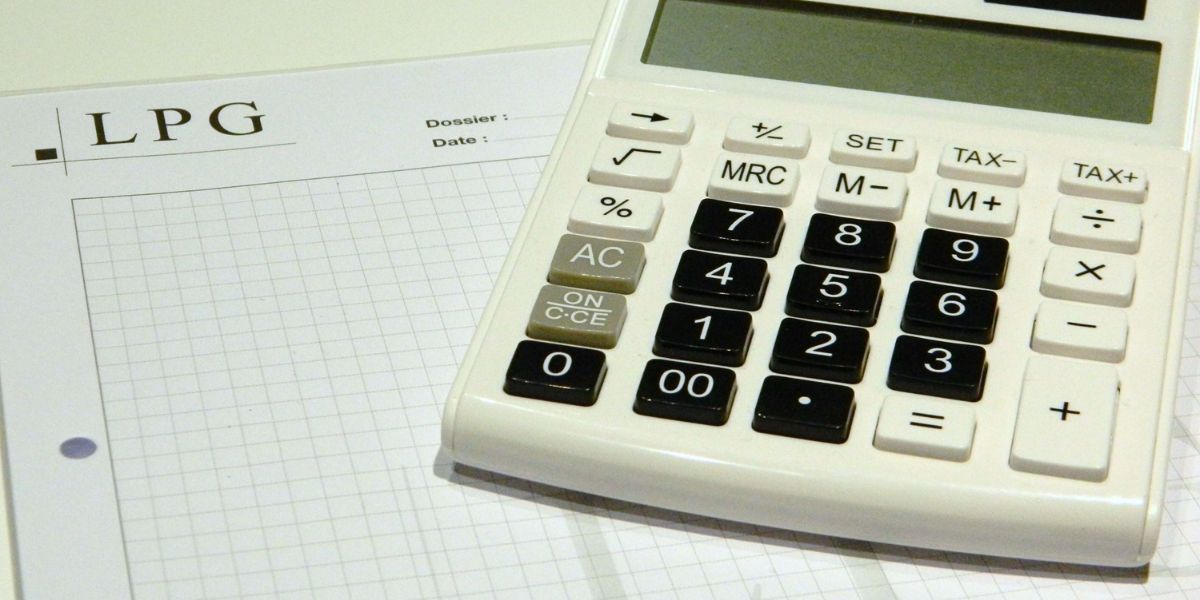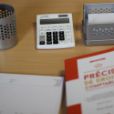FAIR VALUE
Reporting fair value in accounting
Luxembourg accounting law (law of December 10, 2010) offers companies the possibility of reporting their assets at 'fair value'.
Fair value is measured principally for financial instruments (shares, debts, futures, options, swaps, etc.) or for any asset that can be assessed at fair value according to the IFRS (law of July 30, 2013).
The fair value of an asset is its market value, provided that the asset in question (or its components) is listed on a market.
In the absense of a market where the asset is listed, the fair value is the result of contract evaluations carried out with generally accepted techniques or models for assessing the asset in question.
Once the fair value method is implemented, it means that :
- all the assets in the same category must be evaluated in the same way.
- as a result of the consistency concept, it will be no longer possible to choose a different form of evaluation. The company must maintain the method of 'fair value' for the duration of the asset in question (and other assets in the same category).
Companies must clearly specify the methods of evalution applied in the notes of their financial statements.
It is important to note that profit resulting from the revaluation of assets at their fair value is not distributable as a dividend (law of July 30, 2013).
Tax implications of fair value
The evolution of accounting law has not been accompanied by an evolution in tax law. Tax law does not recognize the valuation of assets at their fair value.
In terms of tax law, assets are valued at the amounts listed in the balance sheet, neither over the price of acquisition nor the cost price.
A company which sets the values of its assets at their fair value could discover unrealized gains. These unrealized gains would then be taxable only up to the price of acquisition or cost price of the assets in question (combined reading of articles 23 and 40 of the L.I.R.).
In order to learn more about how to best apply 'fair value' please read “Précis de Droit Comptable” by Denis Colin (available only in French).




_comp.jpg)


.jpg/jcr:content/La%20cat%C3%A9gorisation%20des%20entreprises%20(BELVAL).jpg)




